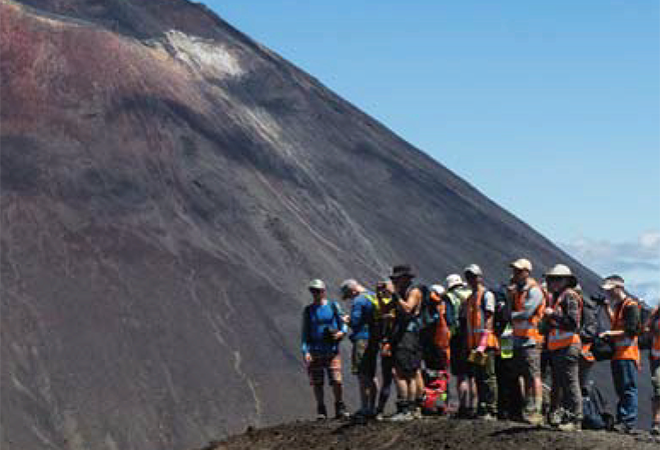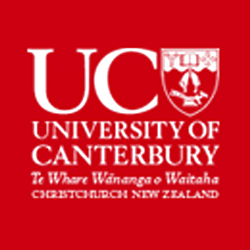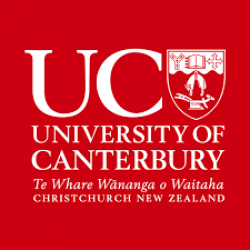
Virtual field trips in tertiary science
Status
Completed: 20 August 2018
Project Details
In this collaborative project between University of Canterbury, Core Education, Frontiers Abroad and the Earthquake Commission, the team developed a virtual field trip (VFT) and interactive expert question-and-answer sessions for tertiary students in an introductory-level geology course (Environmental Geohazards) at the University of Canterbury.
Aims:
The project’s key aims were to:
- collaboratively develop a virtual field trip framework suitable for tertiary learners that will produce a more equitable and diverse student field experience
- provide internship opportunities for advanced tertiary science students to develop educational research experience within and outside the university
- investigate whether the virtual field trip improved learning of hazard concepts compared to previous years where there was no virtual field trip.
Methodology:
The project used a mixed methodology to answer the key research question: Can the synchronous, interactive and immersive LEARNZ-style VFT motivate tertiary learners more than the current interactive lectures?
Methods include:
- a literature review
- student and staff interviews
- focus groups
- learning measures to align resource development and to measure benefit to learners.
Team

Dr Ben Kennedy
University of Canterbury
Associate Professor Erik Brogt
University of CanterburyStatus
Funding
$73,175.00 (excl GST)
Key Findings
Both synchronous and asynchronous versions of the field environment were developed and trialled. The model is appropriate and engaging for first year university students, even in the face of some technical difficulties.
By identifying and substituting critical VFT elements, it is possible to successfully recycle the content as an asynchronous field trip. The success of this model offers rich opportunities to adapt VFT in the future, which will improve cost effectiveness and help alleviate scheduling challenges.
Ultimately, the critical pedagogical elements of VFTs may be achieved on a small budget and are useful in other pedagogical scenarios beyond the virtual realm.
Key Recommendations
The design of a virtual fieldtrip should include
- Goal-aligned content and assessment for both practice and marks
- A student and instructor experience that is authentic and flexible to both the people and the place.
It is further suggested that these aims can be achieved whatever the budget or timeframe.
A report prepared by Alison Jolley, Ben Kennedy, Nathaly Reyna, Tim Stahl, Samuel Hampton, Pete Sommerville, Thomas Wilson, Erik Brogt, Katherine Pedley, Jonathan Davidson, Mushtak Dawood, Paul Ashwell, Shelley Hersey, and Alistair Davies.
(PDF, 950 KB, 19-pages).
- 20 August 2018